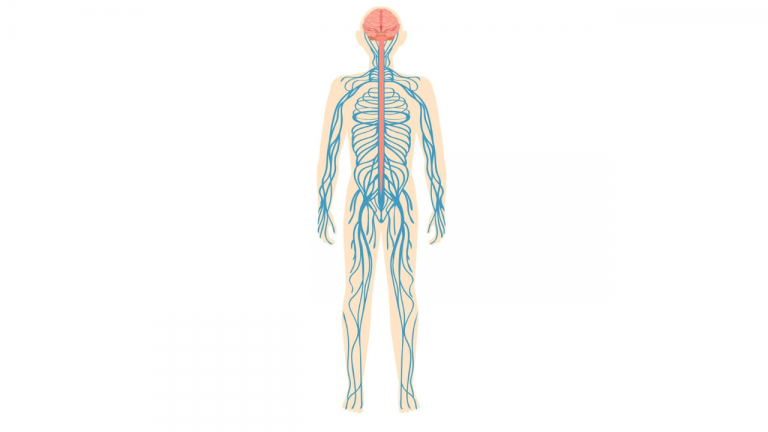How Significant is this Dietary Change in Patient Kidney Stones?

Dietary changes can play a significant role in the prevention and management of kidney stones. Kidney stones are formed when certain substances, such as calcium and uric acid, accumulate in the kidneys and form solid masses. The following dietary changes may help reduce the risk of kidney stone formation:
Increase fluid intake: Drinking plenty of water and other fluids can help dilute the urine and reduce the risk of stone formation.
Limit sodium intake: High sodium intake can increase the amount of calcium in the urine, which can lead to stone formation. Reducing sodium intake may help prevent this.
Reduce animal protein intake: Animal protein, such as meat, fish, and poultry, can increase the amount of uric acid and calcium in the urine, which can contribute to stone formation.
Increase intake of fruits and vegetables: Fruits and vegetables are rich in potassium, magnesium, and citrate, which can help reduce the risk of stone formation.
Limit intake of oxalate-rich foods: Foods that are high in oxalate, such as spinach, beets, and rhubarb, can contribute to the formation of calcium oxalate stones.
Overall, making these dietary changes can be significant in reducing the risk of kidney stone formation and recurrence, and can be a useful part of a comprehensive treatment plan for patients with kidney stones. It’s important to consult with a healthcare professional or registered dietitian before making any significant dietary changes.



